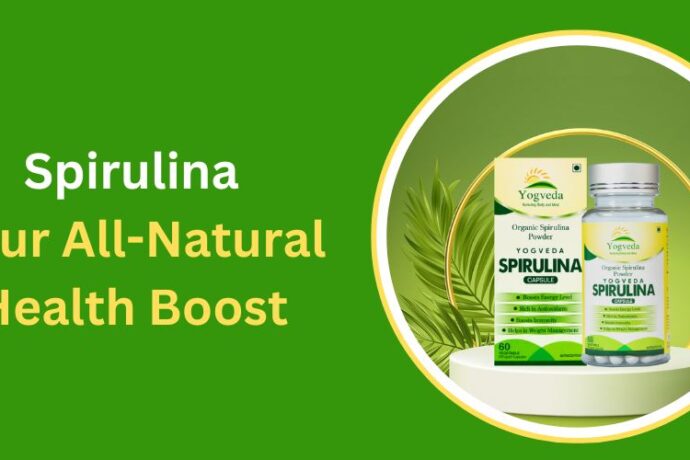Top 9 Best Fruits to Eat in Summer Season for Healthy Diet
As the summer sun shines brighter and temperatures rise, it’s crucial to adjust our diet to stay healthy and hydrated. One of the best ways to do this is by incorporating seasonal fruits into our meals. Summer fruits are not only delicious but also packed with essential nutrients and hydration properties that can benefit our overall well-being. In this article, we’ll explore some of the top summer fruits that should be a part of your diet for good health.
Importance of Summer Fruits
Summer fruits are nature’s way of providing us with a refreshing and nutritious source of vitamins, minerals, antioxidants, and fiber. These fruits are typically abundant during the summer season, making them more affordable and accessible. Consuming a variety of summer fruits can help:
- Keep you hydrated: Many summer fruits have high water content, which is essential for staying hydrated, especially in hot weather.
- Boost your immune system: Fruits like mangoes, papayas, and guavas are rich in vitamin C, which supports immune function.
- Aid in digestion: The fiber found in fruits such as watermelon, papaya, and pineapple can promote healthy digestion and prevent constipation.
- Provide energy: The natural sugars in fruits offer a quick energy boost without the drawbacks of processed sugars.
- Support skin health: Antioxidants in fruits like strawberries and muskmelons can help protect your skin from sun damage and promote a youthful appearance.
1. Watermelon: A Summer Hydration Hero
Watermelon is synonymous with summer, and for good reason. This juicy fruit is made up of about 92% water, making it an excellent choice for staying hydrated on hot days. It’s also rich in vitamins A, C, and B6, as well as antioxidants like lycopene, which is known for its potential to reduce the risk of certain diseases.
2. Papaya: Good for Your Gut and Skin
Papaya is another summer fruit that offers a host of health benefits. It contains an enzyme called papain, which aids in digestion and may help alleviate bloating and indigestion. Additionally, papayas are loaded with vitamin C, vitamin A, folate, and potassium, making them a nutrient powerhouse. The presence of antioxidants in papayas can also contribute to healthier, glowing skin.
3. Mangoes: The King of Summer Fruits
Mangoes are often hailed as the king of fruits, and rightfully so. These tropical delights are not only delicious but also packed with nutrients. They are an abundant source of vitamin C, vitamin A, fiber, and antioxidants. Mangoes have been linked to improved digestion, lowered cholesterol levels, and even a reduced risk of certain cancers.
4. Pineapple: Sweet and Nutritious
Pineapples are known for their sweet and tangy flavor, but they also offer numerous health benefits. They contain bromelain, an enzyme that may aid in digestion, reduce inflammation, and boost immunity. Pineapples are rich in vitamin C, manganese, and antioxidants, making them a great addition to your summer fruit lineup.
5. Jamun: A Lesser-Known Gem
Jamun, also known as java plum or black plum, is a lesser-known but incredibly nutritious fruit. It’s low in calories but rich in vitamins A and C, potassium, magnesium, and iron. Jamun is also packed with antioxidants and has been associated with improved blood sugar control and heart health.
6. Bael: The Digestive Aid
Bael, or wood apple, is a fruit commonly found in India and Southeast Asia. It has a tough outer shell, but inside, you’ll find a soft, aromatic pulp packed with nutrients. Bael is known for its digestive benefits, thanks to its high fiber and tannin content. It can help relieve constipation, improve gut health, and even detoxify the body.
7. Guava: Nutrient-Dense and Delicious
Guava is a tropical fruit with a unique flavor and a wealth of nutrients. It’s loaded with vitamin C, vitamin A, fiber, potassium, and antioxidants. Guavas have been linked to improved heart health, better digestion, and enhanced immune function. They are also relatively low in calories, making them a healthy snack option.
8. Muskmelon: Refreshing and Hydrating
Muskmelons, also known as cantaloupes, are a refreshing summer fruit with a high water content. They are rich in vitamins A and C, as well as potassium and antioxidants. Muskmelons can help keep you hydrated, support skin health, and contribute to overall hydration and electrolyte balance.
9. Strawberry: Sweet and Nutritious Treat
Strawberries are not only delicious but also packed with health benefits. They are rich in vitamin C, manganese, folate, and antioxidants like quercetin and anthocyanins. Strawberries have been associated with improved heart health, better blood sugar control, and enhanced cognitive function. They are also low in calories, making them a guilt-free indulgence.
Incorporating Summer Fruits Into Your Diet
Now that you know about the benefits of these top summer fruits, here are some easy ways to incorporate them into your diet:
- Fresh fruit salads: Combine watermelon, papaya, pineapple, guava, and muskmelon for a colorful and nutritious salad.
- Smoothies: Blend mangoes, strawberries, and a splash of coconut water for a refreshing summer smoothie.
- Snack on fruits: Keep sliced papaya, guava, and bael handy for quick and healthy snacks.
- Desserts: Use mangoes and strawberries to create delicious desserts like fruit tarts or sorbets.
- Hydrating drinks: Make homemade juices or infused water using fruits like watermelon, pineapple, and lemon for a refreshing drink.
Conclusion
Summer fruits not only offer a delicious and refreshing way to beat the heat but also provide essential nutrients that support overall health and well-being. By including a variety of these fruits in your diet, you can stay hydrated, boost your immune system, aid digestion, and enjoy the many other benefits they have to offer. So, make the most of the summer season by indulging in nature’s bounty of flavorful and nutritious fruits.









